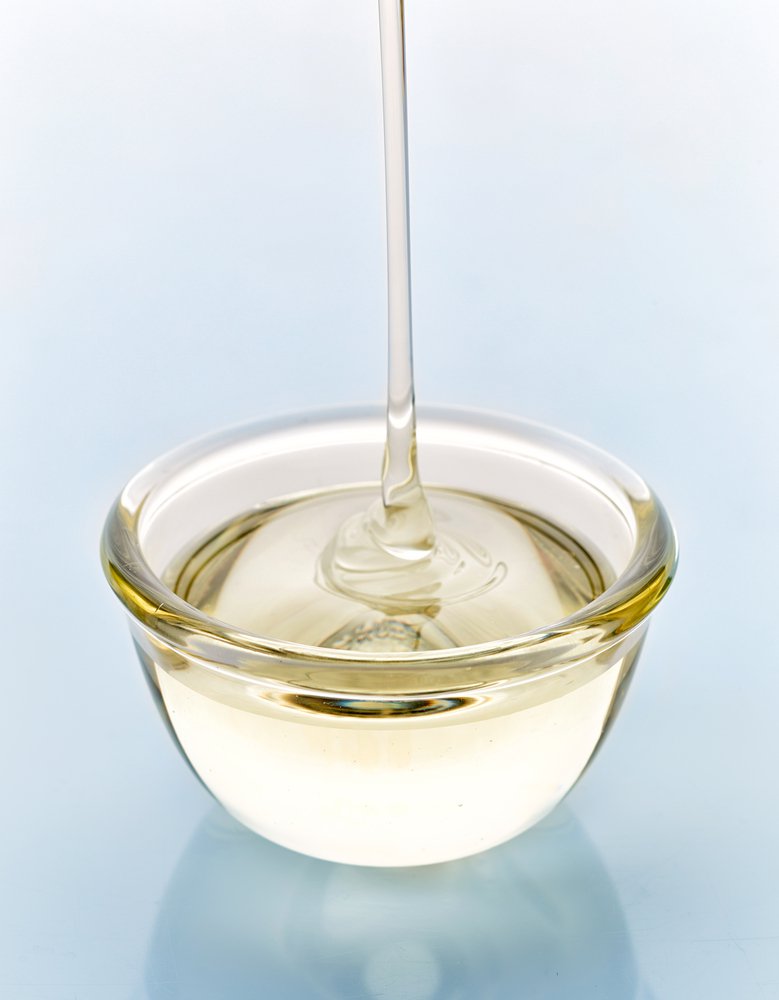
In an earlier blog post this year we speculated that although early studies suggested adding glucose to fructose may improve tolerance, the strategy was not looking promising – instead all it was doing was adding more sugar to the overall diet.There was confusion around this strategy with individuals adding glucose to all FODMAPs, not just fructose, which is the only FODMAP that could benefit from glucose addition. Consuming glucose tablets became common practice for many people when eating onion and garlic, foods rich in fructans, not fructose, which scientifically will not improve symptoms.
We can now confidently tell you that adding glucose to foods to help with the absorption of FODMAPs, even fructose, does not work.
One of our PhD candidates, Caroline Tuck, has published work on this very topic. If you want to read the full publication, please click here.
A brief summary of the study and its findings:
So we can conclude that:
1) breath hydrogen tests, particularly to fructose, are unreliable – this is consistent with a previous study we posted about http://bit.ly/2fSaVcn and
2) Overall, the strategy of adding glucose to drinks or foods to lessen the effects of dietary FODMAPs on functional gastrointestinal symptoms, has no evidence.
Some of you may have been doing this already – taking glucose tablets with high fructose foods. If you really feel it helps, you can continue, but remember these points:
Something to consider…
Tuck CJ, Ross LA, Gibson PR, Barrett JS, Muir JG. Adding glucose to food and solutions to enhance fructose absorption is not effective in preventing fructose-induced functional gastrointestinal symptoms: Randomised controlled trials in patients with fructose malabsorption. J Hum Nutr Diet. 2016.